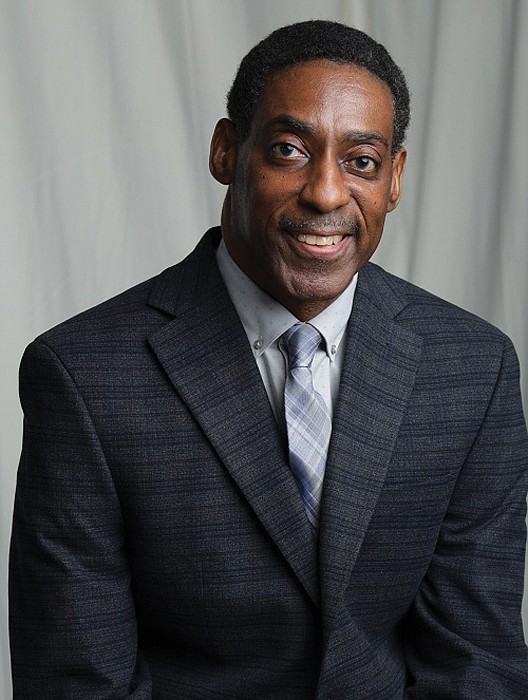Teaching civil rights during February is not critical race theory, by David W. Marshall
2/3/2022, 6 p.m.
In 1976, President Gerald Ford officially recognized Black History Month by encouraging the nation to “seize the opportunity to honor the too-often neglected accom- plishments of Black Americans in every area of endeavor throughout our history.”
Since then, every American president has designated February as Black History Month, along with a specific theme.
While the theme of Black History Month 2022 is “Black Health and Wellness,” other historical topics are now seeing the threat of becoming censored.
It is not uncommon to have lectures and seminars conducted on subjects related to Black history during this time of year. In Florida, history professor J. Michael Butler was scheduled to give a lecture called “The Long Civil Rights Movement.” He intended to educate teachers from the Osceola County School District on civil rights history before and after Dr. Martin Luther King Jr.’s life. The school district abruptly canceled the event, citing concerns over “critical race theory,” or CRT, despite the lecture having nothing to do with the topic. “The victims of this censorship are history and truth,” Mr. Butler said afterward. “The end game is they’re going to make teaching civil rights into “critical race theory,” and it’s not.”
We are seeing the true meaning of CRT being transformed and redefined right before our very eyes. Rather than accept the facts and reality from educators and historians, elected officials are being allowed to reshape the CRT definition for political gain. By unofficially changing the meaning of CRT and then banning it by law based on the new “definition,” elected officials have successfully created a climate of fear and anger by tapping into deep-seated bigotry. They have created a problem where there is no problem, thereby personally presenting themselves and the whitewashing of Black history as the solution. It is a strategy that moves from one state to another, especially with governors who hold presidential aspirations. It is no surprise that days after the inauguration of the newly elected Republican governor in Virginia, CRT was banned in yet another state where there is no evidence that it is being taught in K-12 schools. The emotions of a passionate electorate can easily be exploited.
For example, decades ago, it was not unusual for Democratic lawmakers to support restrictions on abortion and for Republicans to defend abortion rights. In the 1970s, Republicans voted against abortion at about the same rate as Democrats. Then came Richard Nixon and the 1972 presidential campaign. The moral beliefs that devout Catholics and evangelicals have when it comes to the topic of pro-life were exploited to get conservative grassroots voters to the polls and support Republican candidates. On the hot-button issue of abortion, Republican strategists were politically motivated when taking advantage of anti-abortion passions. Tapping into these emotions helped Richard Nixon win the majority of Catholic voters and win the presidency. Appealing to the Catholic vote was critical to President Nixon because he previously lost the 1960 presidential election to Democrat John Kennedy, making him the first U.S. president of Catholic faith.
When Republicans saw how the abortion strategy succeeded in the 1972 presidential campaign, they began using the same tactics in congressional races.
When it comes to the conservative agenda, the issue of pro-life has two fronts: The moral side and the political side. While many Christians are sincere while standing on moral grounds, politicians like Richard Nixon are only driven by power and winning elections. Mix the two, and you have produced one-issue voters. A one issue-voter is so fixed on that one topic (say, abortion) that they become blind to everything else or any other issue. A candidate or elected official can literally break the law and get away with it. As long as their problem is being addressed, any unethical behavior by elected officials doesn’t matter with one-issue voters. CRT has the potential of getting the base riled up and becoming a key campaign issue, thereby producing one-issue voters who are focused and willing to mobilize.
Parents frustrated and angry over the redefined version of CRT have the potential for long-lasting damage. School board elections have a renewed interest by groups such as “Moms for Liberty.” As one-issue voters, they have declared 2022 as the year of the parent at the ballot box. But the idea of the one-issue voter doesn’t have to be negative. In this case, the frustration and anger of white parents needs to be countered by Black parents and their votes. It never crossed my mind that we could have a future where there is Black History Month in name only.At this rate, we could be left with a watered-down version of Black History Month and not know how it happened.
The writer is the founder of the faith-based organization TRB: The Reconciled Body and author of the book, “God Bless Our Divided America.”







